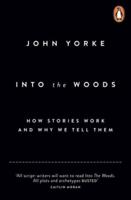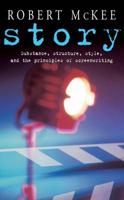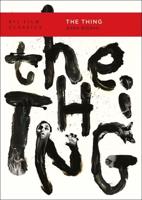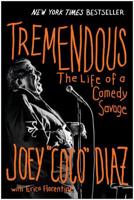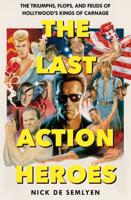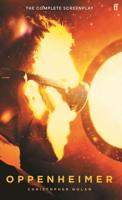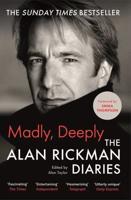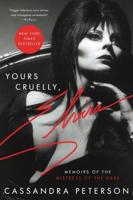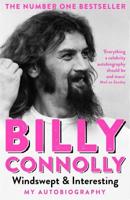Publisher's Synopsis
American director Philip Kaufman is hard to pin down: a visual stylist who is truly literate, a San Franciscan who often makes European films, he is an accessible storyteller with a sophisticated touch. Celebrated for his vigorous, sexy, and reflective cinema, Kaufman is best known for his masterpiece The Unbearable Lightness of Being and the astronaut saga The Right Stuff. His latest film, Hemingway & Gellhorn(premiering May 2012 on HBO), stars Nicole Kidman and Clive Owen.
In this study, Annette Insdorf argues that the stylistic and philosophical richness of Kaufman's cinema makes him a versatile auteur. She demonstrates Kaufman's skill at adaptation, how he finds the precise cinematic device for a story drawn from seemingly unadaptable sources, and how his eye translates the authorial voice from books that serve as inspiration for his films. Closely analyzing his movies to date (including Invasion of the Body Snatchers, The Wanderers, and Quills), Insdorf links them by exploring the recurring and resonant themes of sensuality, artistic creation, codes of honor, and freedom from manipulation. While there is no overarching label or bold signature that can be applied to his oeuvre, she illustrates the consistency of themes, techniques, images, and concerns that permeates all of Kaufman's works.

